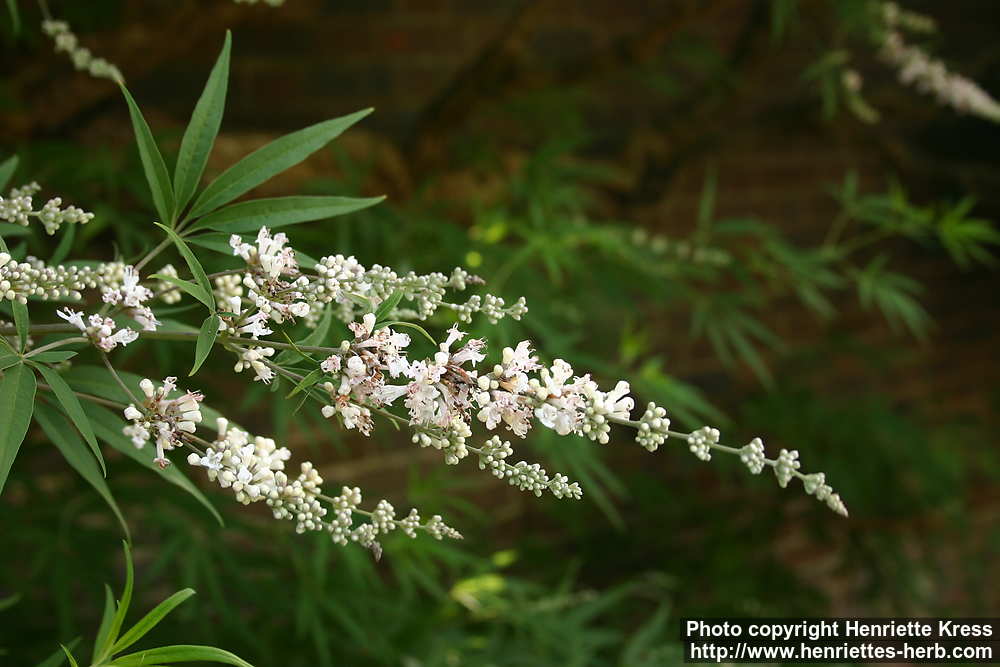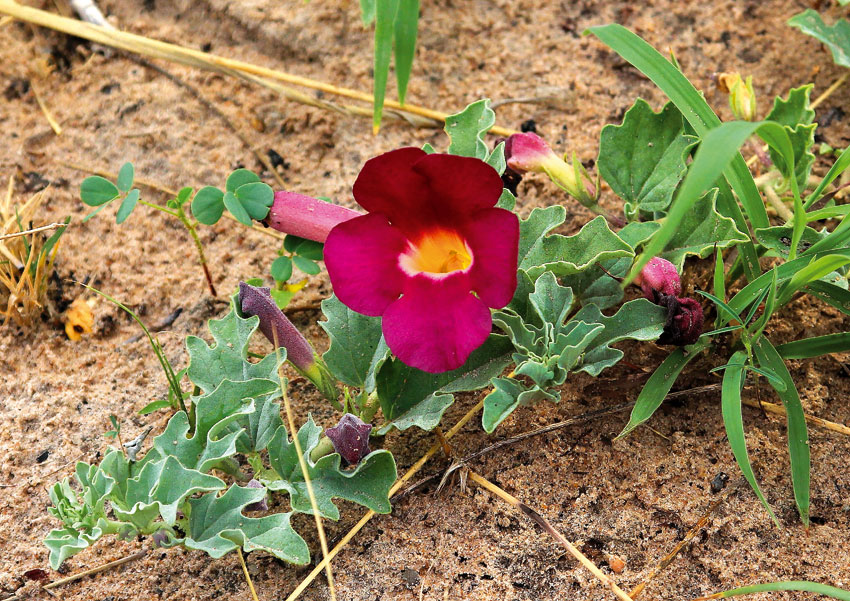«Nature gives us everything we need to protect and maintain our health»
The Swiss pioneer of natural health, Alfred Vogel, dedicated his whole life to achieving recognition for naturopathy and herbal medicine.

Aesculus:
Also known as Horse Chestnut. used for Varicose Veins, Piles (haemorrhoids) Phlebitis (inflammation of veins) and tired aching legs. The use of Aesculus in venous disorders has been recognised for a long time.It is the seed of the Horse Chestnut tree, instantly recognisable to many children as the conker, that is used medically.
The constituent of Aesculus which has been most studied is aescin. It is the ability to improve the tone of veins, reducing leakage into the surrounding tissue. Often varicose veisn are more troublesome in warm weather and starting a course of Aesculus during the early summer can prevent the distressing symptoms emerging. For best results, a three to four month course of the tablets is advisable. Those suffering from varicose veins will also benefit from ensuring that constipation is not a factor.

Agnus Castus
Also known as Chaste Tree, it can help with prementstrual syndrome (PMS), period pain and teenage acne.This herb has a long tradition of use as a general balancer for the female hormones.Despite its common name, Chaste Tree,Agnus Castus is actually a shrub found in the mediterranean.The fruit of the plant is used in phytotherapy and gives off a pleasant peppermint like smell.
Agnus castus acts on the pituitary gland to increase the secretion of luteinising hormone, which leads to an increase in the production of progesterone during the second half of the menstrual cycle.It has also been reported to inhibit prolactin.Both these action are thought to be important in PMS, particularly as many who suffer with the problem have a greater sensitivity to prolactin. Agnus cstus has also been found to be beneficial in the treatment of acne in both men and women.
Do not take if using oral contraceptives or HRT.

Arnica
Also known as Leopard's Bane, used for muscular aches,pains and stiffness around the joints. It can help sprains, bruising, swelling after injury and arthritic-type ailments.Arnica has been used in homoeopathic medicine for hundreds of years but has now been discovered to possess powerful anti-inflammatory action when used externally as a herbal preparation.
Arnica contains active components that have a marked anti-inflammatory action. Arnica stimulates the activity of white blood cells that disperse congested blood.It also releases fluid from bruised or traumatised areas,stimulating circulation and acting against bacterial infection.A pain killing effect results from these actions.
For external use only.Diabetics should never self treat for any condition of the leg or foot.

Artichoke
Also known as Cynara, Artichoke is a liver tonic, it can help reduce cholesterol levels and can help with bloating.Cynara grows easily in the warmer Mediterranean climate.It is often found as part of the diet of those living in these countries, and is considered to be a luxury food.
Cynara has a bitter taste due to the presence of cynaropicrin and cynarin, which are found only in the green parts of the plant. They have very specific properties, protecting and enhancing liver function in a way similar to silymarin which is found in Milk Thistle. Cynara also contains a group of compounds known as phenolic acids which ahve the ability to rduce blood cholesterol and lipid levels through their action on the liver.
Medical opinion should be sought when acute or chronic liver conditions are present.

Avena Sativa
Also known as oats, a tonic for nerves, can help with nervous exhaustion, ongoing stress and anxiety and hyperactivity in children. Oat have been used traditionally as a nerve tonic for hundred of years.
Fresh oats contain high levels of vitamin B, minerals and other nutrients. These are recognised to be important and beneficial for the proper functioning of the nervous system.The balance of constituents present in oats probably accounts for the restorative benefits in depression, states of debility and exhaustion and the traditional use as a nerve tonic. It may be beneficial for those who are trying to overcome the symptoms of withdrawal from nicotine.

Centaurium
Also known as Centaury, helps with indigestion (acid reflux, acid stomach, heartburn) and Hiatis hernia. Bitter herbs or bitter tasting foods used to form a significant part of the diet, which helped to promote good digestion.
Centaurium has a bitter taste and owes this property to the group of compounds called bitter glycosides.The taste of bitter foods stimulates the appetite and triggers the secretion of digestive juices in the stomach, which in turn improves the breakdown of food.At the same time, the hormone gastrin is secreted by the walls of the stomach.This tightens the valve between the oesophagus and stomach, which is important in reducing the symptoms associated with a hiatus hernia, such as gastric reflux.
In the use of bitter herbs, the bitter taste is essential to their therapeutic action, so do no attempt to disguise the taste.

Dandelion
Also known as Taraxacum, a liver tonic which can also help with fluid retention. The dandelion plant is often seen as a weed.However, it has distinct medicinal properties and its action on the liver is particularly prized by herbalists.
Dandelion is an excellent cleansing agent, being one of the most effective detoxifying herbs.It possesses a wide range of active constituents and is alo rich in minerals and nutrients. The root of the plant stimulates liver function.This has a primary use in improving digestion as a result of an increase in digestive juices. In addiction, Dandelion leaves have diureticand milk laxative properties.
Those with liver complaints, gallstone or an obstructed bile duct should first consult a doctor.Do not take alongside diuretics.

Devil's Claw
Also known as Harpagophytum, it can help inflammatory disorders, arthritis, rheumatism, sports injuries, fibromyalgia and tendonitis. The plant is native to the southern parts of Africa.It is the tubers (or the strogae roots) of the plant, measuring approximately 20cm in length, which are used medicinally.Devil's claw is a traditional remedy for general joint pains.
Devil's Claw contains a group of components knwon as iridoids which possess anti-inflammatory, anti-rheumatic and pain killing properties. The anti-inflammatory action is not due to any steriod content, which may be why it does not have the side effects associated with steriod use.

http://shop4supplements.co.uk/search?type=product&q=a.vogel
http://simplyvits.co.uk/search?q=a.vogel
This guide is not intended to replace medical advice.You should consult a healthcare professional if you have any condition which is of concern.








